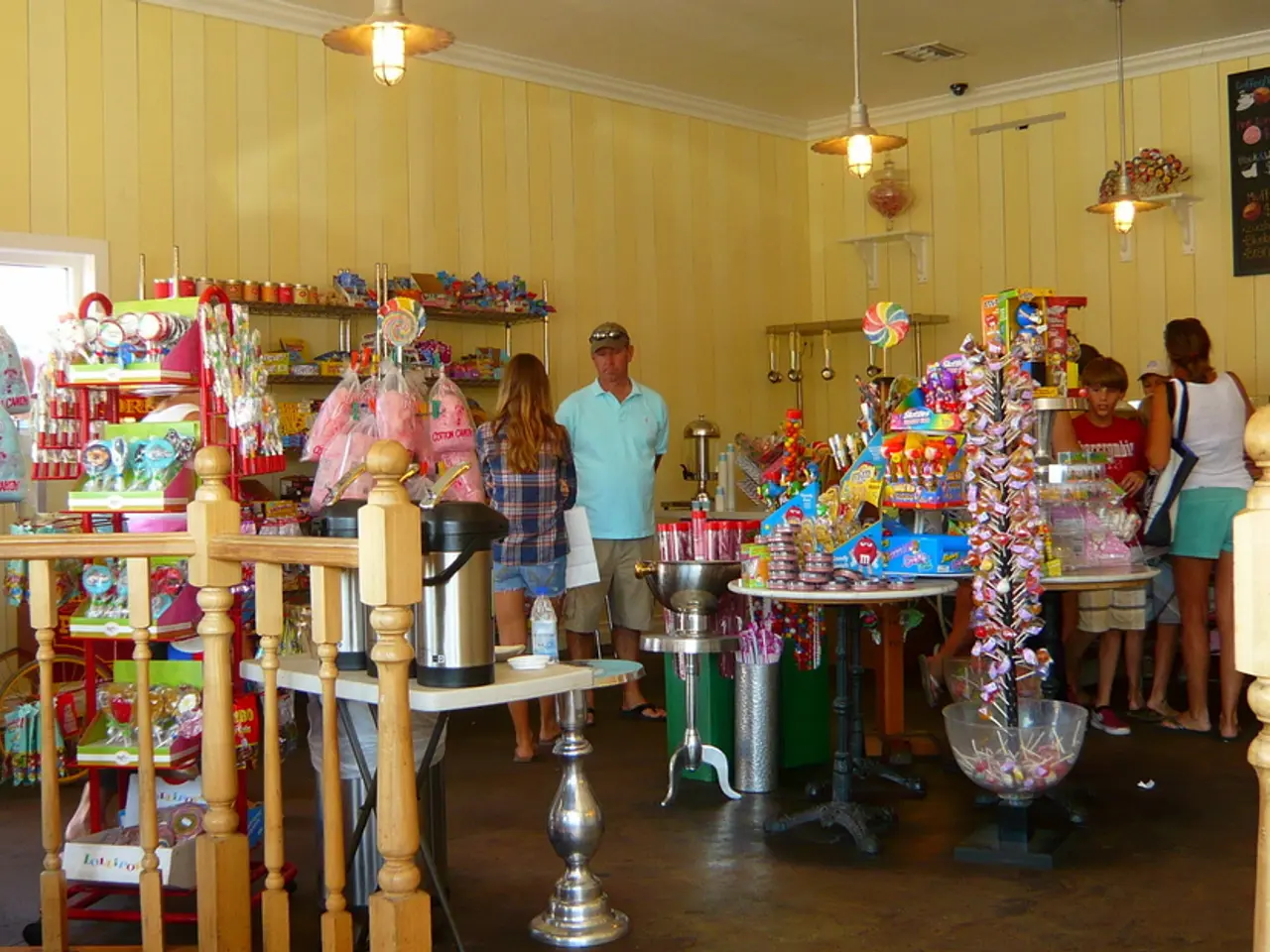Economy of Lower Saxony finding Optimism Welded with Worry - Economic Situation in Lower Saxony: A Mix of Optimism and Concern
**News Article: Economic Challenges and Opportunities in Lower Saxony**
Lower Saxony, a key region in Germany, is navigating a complex economic landscape, with several challenges and opportunities emerging across various sectors.
### Challenges
The global trade environment, particularly the ongoing impact of U.S. tariffs, has resulted in significant losses in value added for Lower Saxony [2]. High electricity costs are another pressing issue, affecting the competitiveness of industries in the region and demanding urgent policy attention [4]. Inflation, although decreasing to 2%, remains a crucial factor in maintaining economic stability [5].
### Key Sectors
The manufacturing and industrial sectors, including automotive and machinery industries, form a strong backbone for Lower Saxony's economy. The region is also actively involved in renewable energy production, particularly wind energy, although this sector faces challenges related to grid costs and infrastructure development [4]. Agriculture, with a focus on livestock and crop production, is another significant sector in Lower Saxony.
### Policy Recommendations
To address these challenges, several policy recommendations have been proposed. These include developing strategies to mitigate trade risks and enhance export competitiveness, implementing measures to reduce electricity costs, enhancing infrastructure for renewable energy and manufacturing, and aligning with national fiscal policies aimed at boosting economic growth [3].
### Current Economic Situation
A recent business climate survey conducted by the Chamber of Industry and Commerce of Lower Saxony (IHKN) revealed that only 13% of companies hope for improvement in their business situation [1]. Many businesses are holding back their capital due to uncertainty and a lack of implementation of announcements on bureaucracy reduction and digitization [1].
Despite some signs of recovery during the summer, the economy of Lower Saxony remains tense. The wholesale trade is cautious due to uncertainties about possible tariffs, with about a third of companies expecting setbacks [1]. Sectors such as mechanical engineering, chemistry, and electrical engineering are particularly affected by uncertainties about possible tariffs. In the hospitality industry, hotels and pensions report stable demand, but about half of restaurants report declining sales [1].
### Call for Action
The CEO of IHKN, Maike Bielfeldt, has called for more political reliability, stating that the federal government has implemented initial reforms but has also squandered some credit with trade and services [6]. Bielfeldt has advocated for infrastructure investments to have top priority, less bureaucracy, and genuine structural reforms in social security [6]. She has also highlighted the urgent need to address the shortage of skilled workers, a concern shared by 51% of service providers [7].
In conclusion, Lower Saxony's economic situation is influenced by global trade dynamics, energy costs, and broader economic trends. Addressing these challenges through targeted policy interventions can help improve the region's economic outlook. The call for political reliability, investment in infrastructure, and addressing skills shortages are crucial steps towards a more robust and resilient economy in Lower Saxony.
References: [1] IHKN Business Climate Survey, 2021 [2] German Institute for Economic Research (DIW), 2019 [3] Federal Ministry of Finance, 2021 [4] Lower Saxony Ministry for Economic Affairs, Labour, Transport and Digitalisation, 2020 [5] Federal Statistical Office, 2021 [6] IHKN Press Release, 2021 [7] IHKN Business Climate Survey, 2021
- The Federal Ministry of Finance proposes implementing measures to reduce electricity costs and enhance the competitiveness of industries in Lower Saxony as part of the employment and business policy to tackle the pressing issue of high electricity costs.
- As a part of the policy recommendations, the Chamber of Industry and Commerce of Lower Saxony (IHKN) calls for aligning with national fiscal policies aimed at boosting economic growth and infrastructure investments to have top priority in addressing the economic challenges faced by the region.




